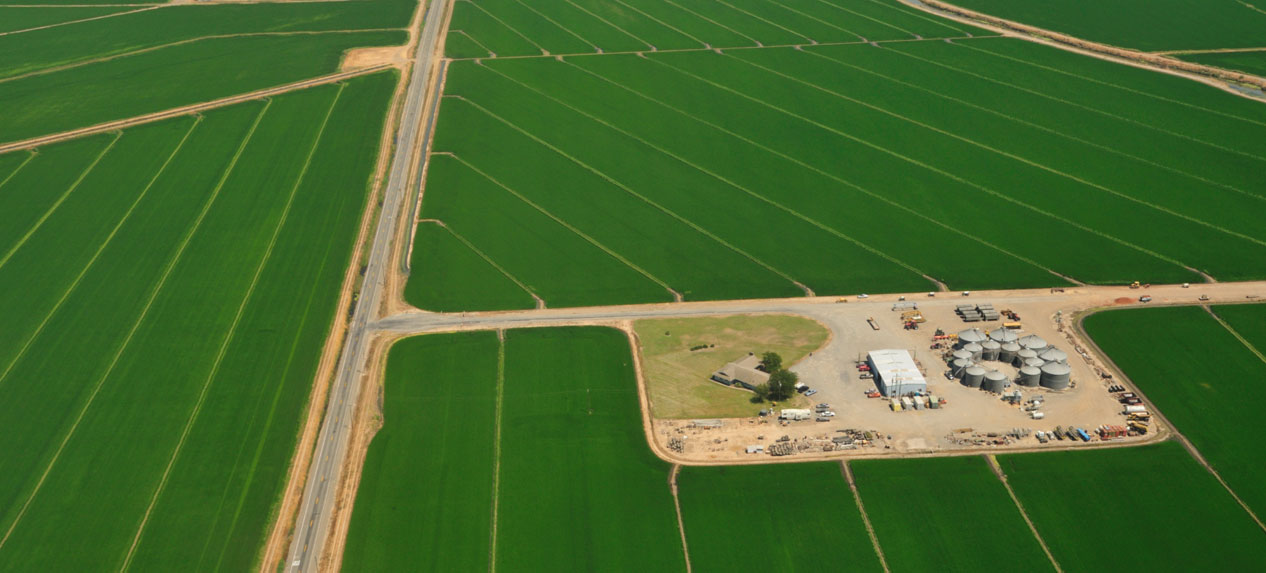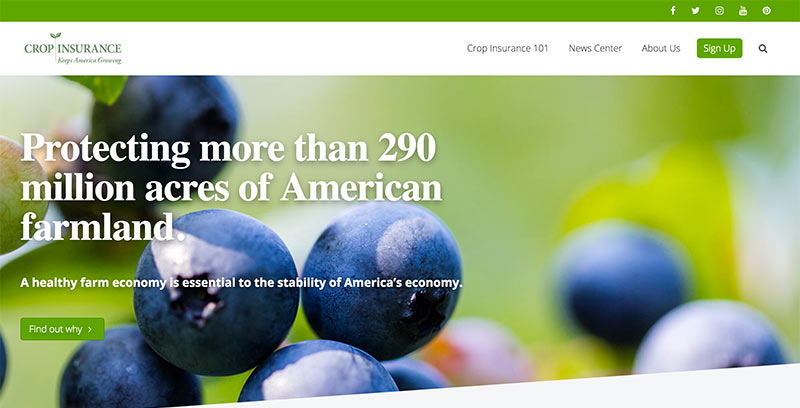Crop Value, Crop Insurance Coverage At Record High
At least $110 billion worth of crop insurance liability – the largest amount in U.S. history – will be written this year, underscoring the popularity of crop insurance and the growing value of agricultural commodities, according to National Crop Insurance Services (NCIS).
“The value of our agricultural output is at an all-time high,” said NCIS President, Tom Zacharias, at a March 8 news conference. According to the Federal Reserve Bank this is helping to fuel the overall economic recovery in the U.S.
Best of all, Zacharias noted, “If disaster strikes and puts the valuable 2011 crop at peril, it is the private sector delivery system, and not the U.S. taxpayer, who will be the first line of defense to ensure that America’s farmers do not suffer severe financial hardship due to events out of their control.”
In a recent guest opinion article in the Traverse City (Michigan) Record-Eagle, Zacharias noted that it is easy to see why crop insurance has gained so much popularity with farmers, pointing out that more than 1.1 million policies covering 256 million acres across the U.S. were written in 2010 to deal with risks. “Nationally, this public/private partnership enabled the government to turn a modest investment into nearly $80 billion in protection in 2010,” he added.
Crop insurance was designed by lawmakers to combine the strengths of the government and private sector to best leverage taxpayer investment. The government’s main role is to regulate the business and subsidize farmer premiums making coverage more affordable and practical for farmers who greatly need tools to hedge their risks. Farmers purchase the policies and pay for a portion of the premiums out of their own pockets. The policies are sold by licensed agents and serviced by private insurance companies.
“Without the crop insurance program that we have in place today, U.S. agriculture could be facing a liability of $110 billion, should farmers get hit with a catastrophe in 2011,” noted Zacharias. “That would be unsustainable. Congress should be applauded for structuring a system that achieves so much return on investment,” he added.
Every dollar of investment achieved $20 of protection last year – a gap that should grow substantially in 2011. Zacharias says that he hopes Congress will consider this return on investment as it begins writing the 2012 Farm Bill.
Michigan Senator and Chair of the Senate Agriculture Committee, Debbie Stabenow (D-MI), recently outlined her principles for the upcoming Farm Bill, urging us not to look at the 2012 Farm Bill under the lens defined by budget concerns or specific programs but instead from principles like “creating the best safety net and the best tools possible for managing risk.” She added, “We need an effective safety net so that we aren’t watching family businesses go under because of a few days of bad weather or market factors outside of their control.”
Michigander and crop insurance agent, Mike Gaynier, echoed the importance of the farm safety net to the state’s diverse agriculture sector during a recent national radio interview. “Crop insurance provides protection to producers of Michigan’s lucrative specialty crops — like the well-known tart cherry crop, or important grains like corn, wheat and soybeans — should prices crash or Mother Nature deal an unwelcome blow. In fact, it is the only safety net tool available for most fruit and vegetable growers,” he concluded



